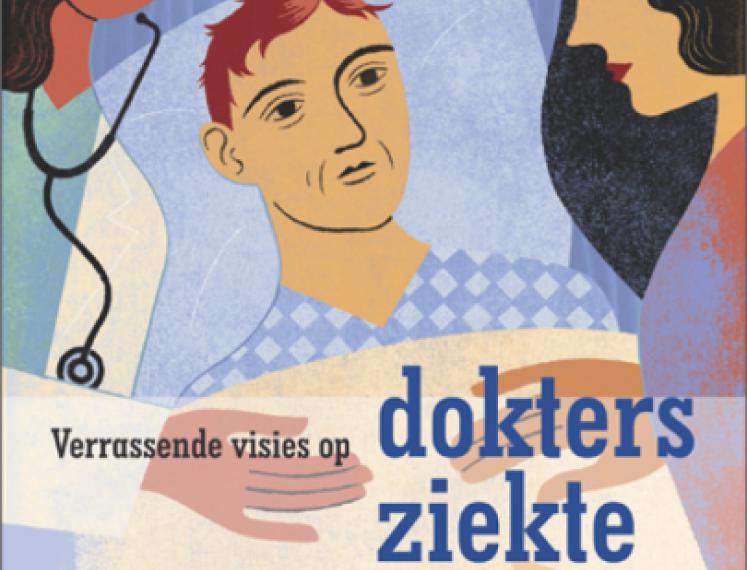Academy Building
Broerstraat 5
Groningen
Netherlands
The why, what and how of healthy relationships
Positive relationships make all the difference to the quality of our lives - they help us celebrate the good times and support us in the bad - they even help us keep well and live longer!
But in a world where ambition, success and egoism is promoted in so many spheres the quality of relationships is often left to chance. We have a relationship crisis in the western world with family breakdown, bullying behaviours and community dysfunction commonplace. Positive relationships and inclusive belonging have far reaching outcomes - including child development, school engagement, resilience and the prevention of violence. The Delors Report for UNESCO (1996) on the four pillars of education included 'learning to live together' so it is surprising that not more attention is paid to relationships in schools. This lecture will introduce the ASPIRE principles of agency, safety, positivity, inclusion, respect and equity to show what needs to be in place for relationships to flourish in any context, including in the workplace. Relationships that go well are based in social and emotional literacy - we will discuss some of the dimensions of SEL and what this means in practice.
Sue Roffey is a Professor at Western Sydney University (adjunct) and an internationally respected authority on positive psychology and wellbeing, especially in education. She is the author of numerous books and other publications, including editing Positive Relationships Evidence Based Practice Across the World published by Springer.




